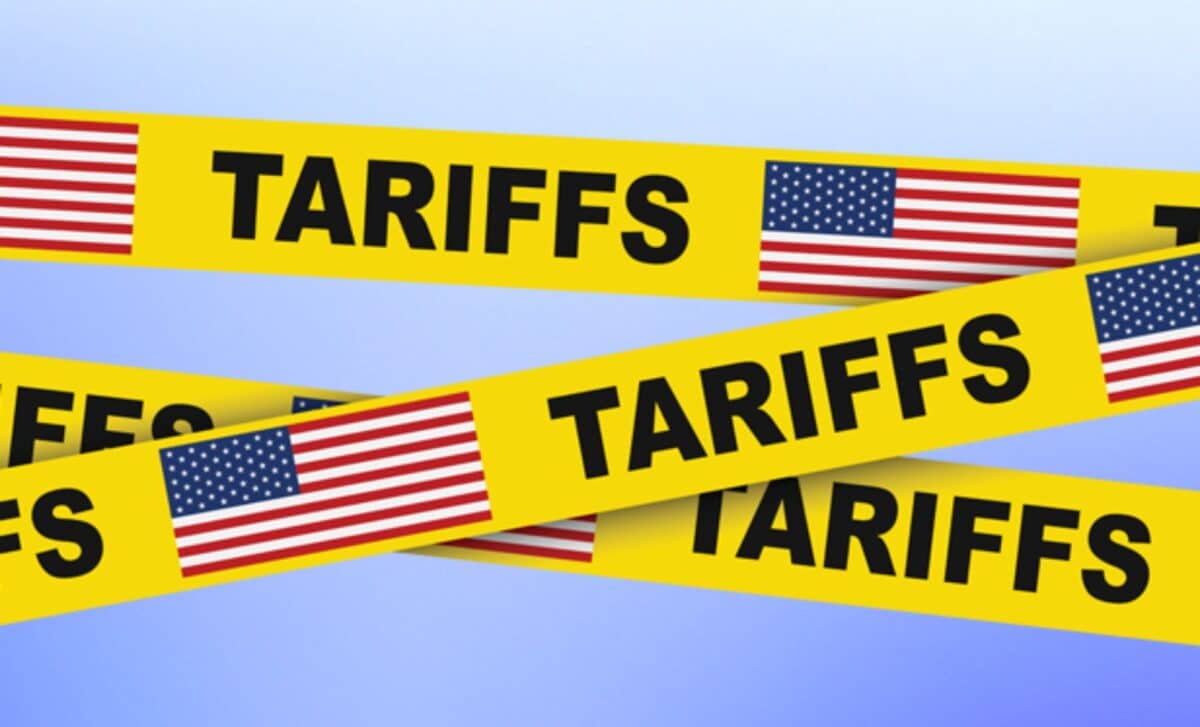US President Donald Trump has reinforced his commitment to imposing tariffs on imports, despite mounting concerns over the economic fallout. Speaking from Air Force One, Trump declared that he would not back down on his trade strategy, which has already led to significant market fluctuations and widespread anxiety about a potential recession.
The move, which was announced in early April, is the culmination of Trump’s long-standing criticism of global trade practices. While the president insists that tariffs are necessary to balance the US’s trade deficits, his stance has provoked global market instability. The tariffs are expected to be implemented starting Wednesday, with no clear resolution in sight.
Trump’s Tariff Strategy: A Gamble on Trade Reform
According to Trump, the tariffs are a necessary measure to ensure fair trade relations, particularly with countries that have long run trade surpluses with the US. He expressed his resolve, stating that he would not settle for trade deficits, as they represent what he sees as an economic loss for America.
“We’re going to have surpluses or, at worst, going to be breaking even,” Trump said, adding that his administration would not back down from this approach, even amid the widespread market uncertainty.
Despite the immediate financial turbulence, which saw US stock futures fall sharply and prompted fears of a recession, Trump remains steadfast. He has argued that, like medicine for an illness, short-term pain is necessary for long-term economic health.
His remarks came as global financial markets continued to show signs of strain, with Japan’s Nikkei 225 index dropping nearly 8%.
Nonetheless, Trump’s Cabinet members, including Treasury Secretary Scott Bessent, have defended the policy, claiming that it is aimed at securing long-term economic stability, not immediate gains.
Global Response and Retaliations
The international reaction to Trump’s tariffs has been swift, with several countries expressing their displeasure and announcing retaliatory measures. According to top White House economic adviser Kevin Hassett, more than 50 nations have already reached out to the US, signalling their intent to enter negotiations.
However, Trump has shown little interest in softening his stance, dismissing some global leaders’ efforts to defuse tensions.
China, the EU, and other nations have warned of the negative impacts the tariffs could have on their economies. In particular, Italian Premier Giorgia Meloni indicated that her country disagreed with the move but would be prepared to deploy all necessary economic tools to protect its businesses.
Meanwhile, some business figures, like billionaire Elon Musk, have suggested that zero-tariff agreements would be more beneficial in the long term. Trump, however, remained firm in his position, asserting that there would be no talks unless other nations agree to pay significant amounts to the US annually.
The global economic landscape, already volatile, faces further uncertainty as Trump’s tariffs take effect. The full impact of this policy remains unclear, but with negotiations underway, the coming weeks may determine whether these tensions will escalate or subside.









